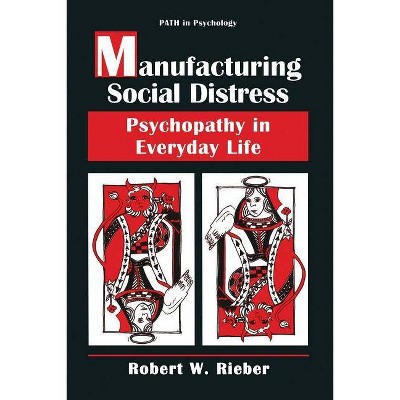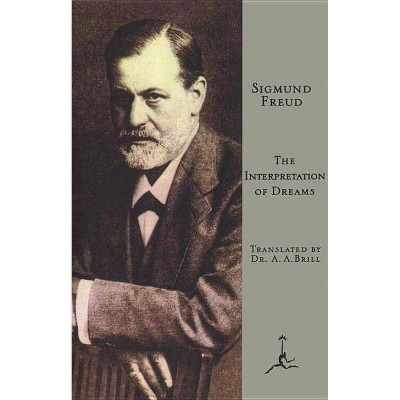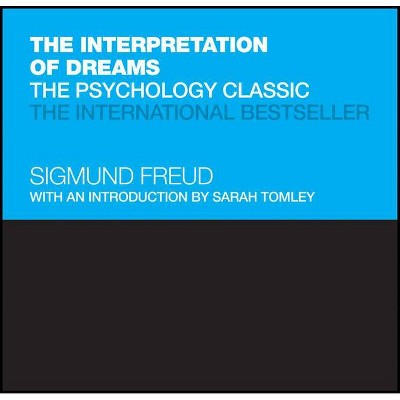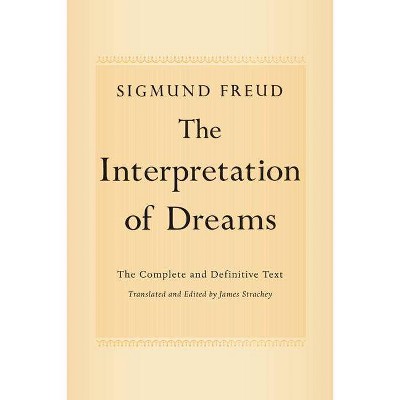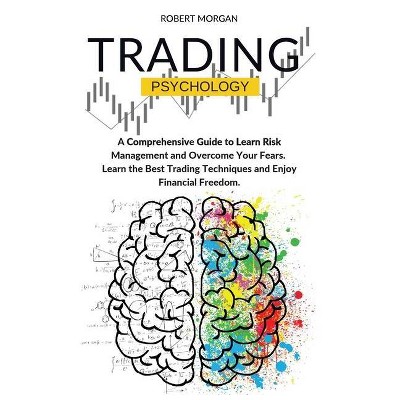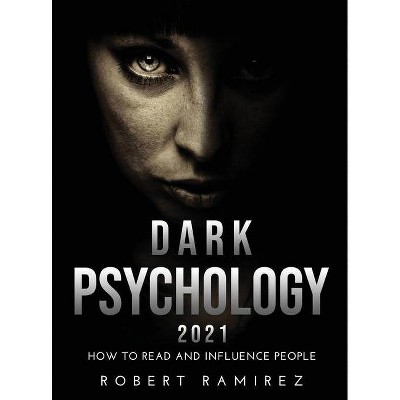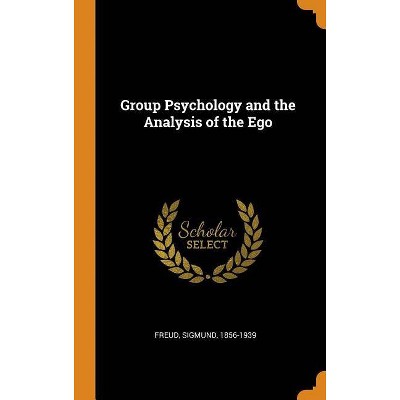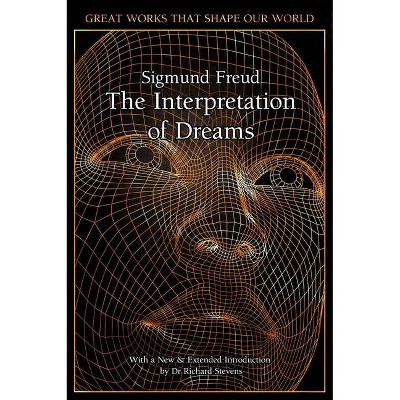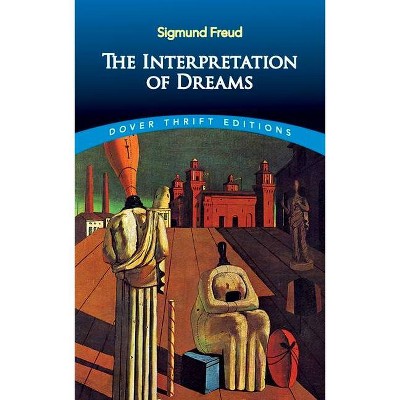Freud on Interpretation - (Path in Psychology) by Robert W Rieber (Hardcover)
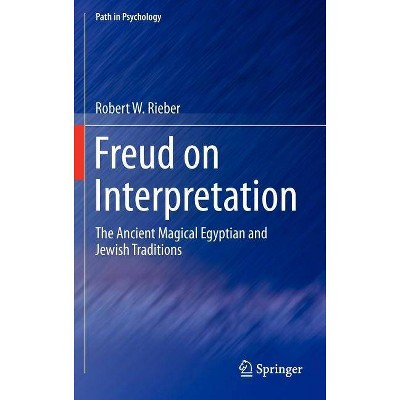
Similar Products
Products of same category from the store
AllProduct info
<p/><br></br><p><b> About the Book </b></p></br></br><p>Freud on Interpretation offers new insight into Freud's famous "discovery" of the unconscious and the subsequent development of psychoanalytic theories. The authors explore the original context in which these ideas arose and the central debate about the mind as matter, or something that transcends matter.</p><p/><br></br><p><b> Book Synopsis </b></p></br></br>This book presents new insights into Freud's famous "discovery" of the unconscious and the subsequent development of psychoanalytic theories. The authors explore the original context in which these ideas arose and the central debate about mind as matter or something that transcends matter. In the course of this examination, it is demonstrated that Freud was influenced not only by the 19th century scientific milieu, but also by ancient cultures. While it is known that Freud was an avid collector of ancient artifacts and generally interested in these older cultures, this book systematically investigates their profound effect on his thinking and theorizing. Two major influences, Egyptian mythology and Jewish mysticism are analyzed in terms of similarities to Freud's emerging ideas about the mind and its diseases. To further this line of investigation, Bakan supplies an illuminating discussion of what it means to interpret. Taken from the viewpoint that interpretation involves an u<p/><br></br><p><b> From the Back Cover </b></p></br></br><p>Freud on Interpretation</p><p>The Ancient Magical Egyptian and Jewish Traditions</p><p> </p><p>Robert W. Rieber, in collaboration with David Bakan</p><p> </p><p> </p><p>In its early days, some saw psychology as a substitute for religion. Others regarded it as a new religion in its own right. What was less obvious to most observers--and far less obvious today--were the roots of Freud's work in the ancient mystical teachings of the Middle East. </p><p>A unique analysis, <i>Freud on Interpretation</i> examines the inner workings of his thought process and the rich mine of knowledge that led him toward his theories and therapies. In the beliefs of ancient Egypt, with its sexually ambiguous dieties, and ancient Israel, with its Biblical accounts of madness and feigned madness, are found surprising sources of inspiration for such core Freudian concepts as free association, dream interpretation, the psychosexual stages, the libido, and the unconscious. Psychoanalyis here is seen in its early growth stages, fed and nurtured by philosophers, scientists, and fearless mind explorers; and Freud is boldly synthesizing modes </p><p>of knowledge from an age when science and superstition were rarely separate. This compelling volume: </p><p> </p><ul><li>Overviews the pre-Freudian history of psychology in the writings of Herbart, Morel, and Krafft-Ebing.</li></ul><p> </p><ul><li>Probes Freud's interest in ancient Eygptian creation myths and the Kabbala, and their influence on his work.</li></ul><p> </p><ul><li>Explores the paradoxes inherent in the interpretation of the mind.</li></ul><p> </p><ul><li>Offers unique insights into the origins of the Rorschach test.</li></ul><p> </p><li>Considers the real meaning behind Freud's self-identification as a determinist.</li><ul><p> </p><ul><li>Includes a listing of Freud's library of titles on ancient Egypt.</li></ul><p> </p><p><i>Freud on Interpretation</i> is stimulating reading for clinical psychologists and those interested in the intellectual and professional development of the master psychiatrist. </p>
Price History
Price Archive shows prices from various stores, lets you see history and find the cheapest. There is no actual sale on the website. For all support, inquiry and suggestion messagescommunication@pricearchive.us
